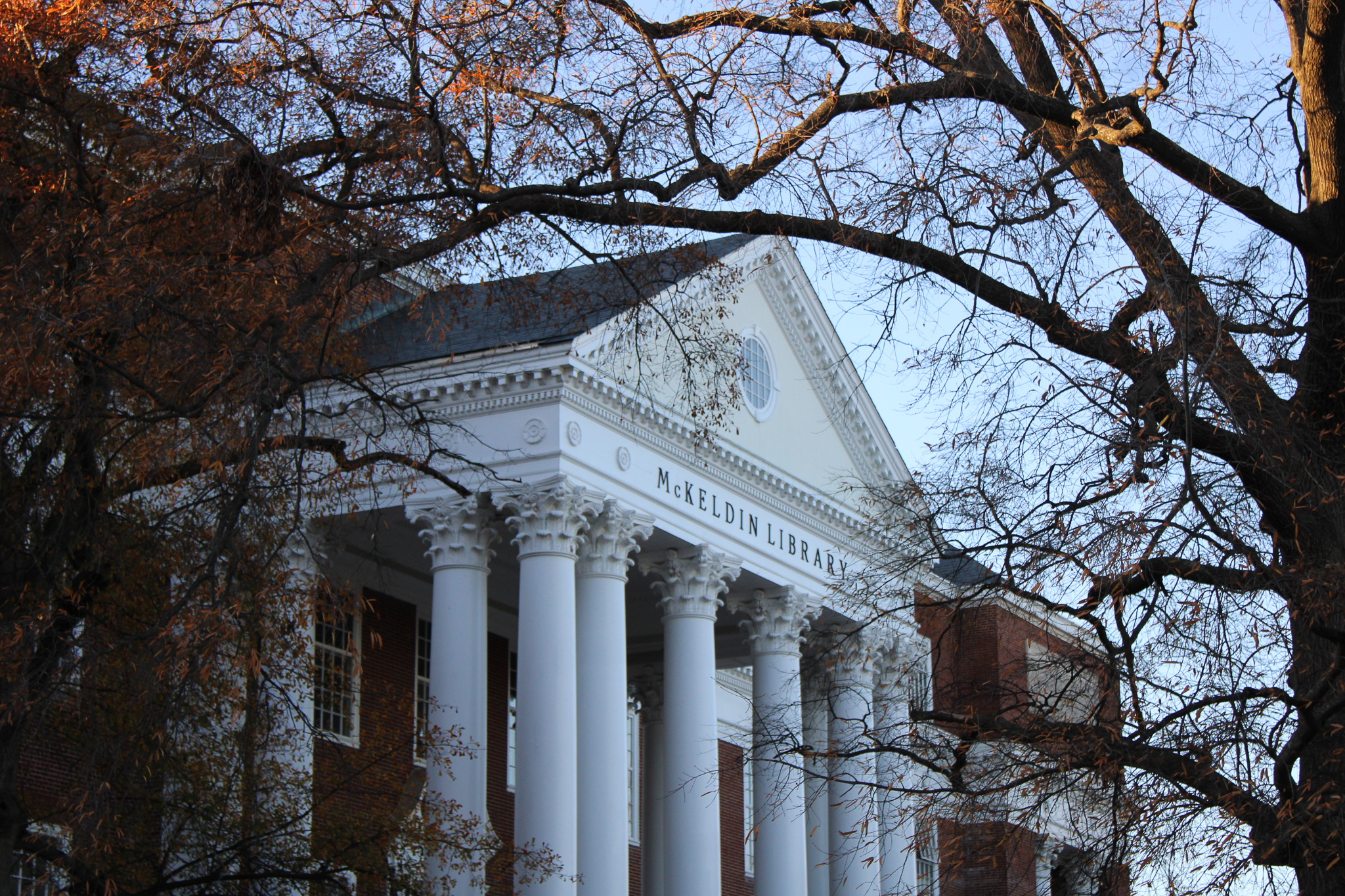Views expressed in opinion columns are the author’s own.
April has arrived, which means the end of the spring semester is just around the corner. And with it comes the daunting task of preparing for final exams.
It’s no secret University of Maryland students crave ample time both to relax and focus on our studies ahead of finals.
Some universities have a several-day-long reading period to help students do just that. And we should follow their lead. Expanding our Reading Day would enable students to make time for themselves without feeling unprepared. It would also help students perform their best on high-stakes projects and exams.
In the past, I’ve found myself working on assignments well into the start of finals — leaving little time to dedicate solely to exam preparation. And from conversations with friends, I know I’m not alone. It’s difficult to allocate time to study for upcoming exams while trying to meet other deadlines that are even more urgent. Time shouldn’t be so scarce during finals season.
Plus, instructors continue teaching course content that could appear on final exams right up until the end of classes. Fully mastering new concepts takes time. With the current academic calendar, final exams could assess students on new concepts encountered only days prior. A longer reading period, however, would eliminate this possibility.
The benefits of an extended reading period aren’t limited to academic pursuits. Students at schools with these schedules describe the periods as a distinct cultural phenomenon. At Harvard University, for instance, a student said reading day is a popular time when organizations host music performances, fashion shows and formals. Meanwhile, a late night breakfast buffet tradition keeps students well satiated at Princeton University.
These events, even though they might seem superficial, are important in building and maintaining student culture. This university is large, boasting an undergraduate population of more than 30,000 students, and it’s easy for students to feel disconnected, especially after the COVID-19 pandemic. That’s why this university should do as much as it can to help smaller communities on the campus thrive by giving students more time to congregate.
A longer reading period would also offer students a great chance to explore campus. From our array of libraries to other hidden spots that I’m constantly discovering, the vast size of our campus is one of my favorite parts of attending this university.
Finding new study spaces amid an extended reading period would prove fruitful in coming semesters. This time could also be an opportunity to become more familiar with our surroundings. Our proximity to Washington, D.C., for example, is a factor in many students’ decisions to study at this university.
However, getting to Washington, D.C., on the bus or Metro takes a bit of time, and students may find themselves overwhelmed with work during most of the time they spend on campus. An extended reading period would provide abundant time to travel to and partake in the city’s museums, markets and festivals, free of active academic obligations.
Extending the academic year by a small number of days to accommodate such a change is hardly a novel occurrence. The last day of the spring semester already varies year-to-year. In 2019, the last day of final exams fell on May 22. And last year, it took place on May 18.
Minor variations in the academic calendar are evidently acceptable to this university. An extra four days could mean adding an extra two days to both the fall and spring semesters’ reading periods. Even a change this small is enough for students to observe some of these academic and recreational benefits.
Longer reading periods are largely a phenomenon found at Ivy League colleges, so it might seem out of place to suggest one at this university. However, this university frequently prides itself on an elite status.
Even though we shouldn’t strive for some of the drawbacks associated with elite institutions, such as exclusivity, we ought to take notes on their high caliber resources. That includes the benefits of an extended reading period.
I’m not yet sure exactly how I will be spending my Reading Day. But I know that I shouldn’t have to choose between recovering from a long semester and preparing for my upcoming exams. This university should let us do both.
Dhruvak Mirani is a freshman computer science and government and politics major. Mirani can be reached at contact@dhruvak.com.



